Full Circle Farm Sanctuary provides forever home to formerly farmed, abused, and neglected animals5/21/2022
If you're looking for family friendly activities near Atlanta or animals sanctuaries in Georgia, you should visit Full Circle Farm Sanctuary. Located just an hour south of Atlanta, Full Circle Farm Sanctuary currently cares for 140+ residents that were formerly abused or neglected.
The sanctuary provides many ways to get involved including attending guest days, interning, donating, and sponsoring a resident. Guest Days are held twice a month on the 1st Saturday & 3rd Sunday of the month. On guest days visitors have the opportunity to go on a detailed, guided tour of the entire sanctuary, meet all the residents, and learn all about ways to get involved.
The last time we visited the sanctuary, we decided to sponsor Jupiter. Jupiter was set to go to auction, but someone helped him get to Full Circle instead, and we are so grateful! He is one of the largest in the herd but can be pretty shy. Jupiter was the face of the annual hay campaign as well! By sponsoring Jupiter we are able to help with his annual shots, hoof trimming, and regular food bills. Sponsors also receive:
Become a sponsor today. Find out more here.
There are many ways to volunteer at Full Circle Farm Sanctuary, and volunteers are always needed to help daily operations run smoothly. Whether you come to volunteer onsite with things like prepping produce, doing perimeter checks, or cleaning, or offsite by providing remote services like building enrichment items for residents and mailing in items from the sanctuary wish list, every volunteer is greatly appreciated.
Monetary donations make a huge impact as well and allow residents to receive critical care that is sometimes necessary. There are a few residents who are frequent veterinarian visitors.
Isabella is a 12 year old pygmy goat who is as independent as they come. Although she may be considered a senior goat, she has a youthful energy when giving her caregivers the run around! Recently, she has undergone a dental surgery to remove three teeth. The surgery went well, but x-rays show she will continue to need teeth removed in the future.
Giddeon is a 7 year old farm pig who loves to nibble on watermelon and pineapple. Giddeon has been experiencing some mobility issues as of late, but the Full Circle Animal Care Staff and the Veterinary Staff at Auburn University are working together to set him on the road to recovery (and the road to more pineapples).
Ned is a 10 year old goat. At times he is a force to be reckoned with and at others a friend to be cuddled. Ned is a frequent visitor to the medical barn at Full Circle and when necessary he makes the trip to Auburn university. He has become quite the social butterfly since receiving all of his extra care and attention from staff!
You can also download the abillion app on the Apple Store or Google Play. Every review posted raises $1 that can go toward Full Circle Farm Sanctuary.
Full Circle Farm Sanctuary is one of our favorite places to visit. Every time we visit and have the opportunity to interact with the residents, I am reminded about how far I've come on my vegan journey. Take the time to register for one of the guest days. You will absolutely enjoy it. Have you visited Full Circle Farm Sanctuary? Comment below!
0 Comments
I just hit a vegan milestone. In February 2022 I celebrated my six-year veganversary. I often reflect on what I was doing before I became vegan. It reminds me of how far I've come. After I became vegan, I wanted to educate as many people as possible, try new vegan products, and support great vegan causes. What if I told you there's an app that does just that. Founded by Vikas Garg, this amazing app does everything from letting you review vegan food, fashion, and beauty options, to routing each dollar applied to your account to a number of animal sanctuaries. People often ask me about my favorite vegan products. Sometimes when I am shopping in the grocery store and picking up my Hodo tofu and Made Good products, I am usually asked, "Are those good?" I end up having an entire conversation about my favorite products. It often happens at the register as the cashier is scanning my groceries as well. This app makes it so easy. Any time you run across a new vegan product, just snap a pic, write a quick review, and watch $1 be added to your account to donate. I love how this app connects my purchasing choices to animal welfare. Before becoming vegan many of my purchasing choices were connected to animal cruelty. That is why I am a proud abillion ambassador. When I say this app changes lives, it truly does. I know when I first became vegan there was not an app like this that was so comprehensive and shared so many vegan food, product, and restaurant reviews. I had to search online, browse social media, or hit the stores myself to search for vegan options. Abillion changed the game. In fact, abillion has shared approx. 100,000 restaurants and consumer product companies in 149 countries. It has also seen over 700,000 food reviews and over $500,000 has gone to the many organizations that can received the donations.
Head on over to the app store, use the code "SENSIBLEVEGAN" and start donating to animal charities when your reviews turn into donations! Hurricane Florence ravaged the Carolinas and destroyed homes, businesses, and properties and left thousands of people homeless. In the wake of the flooding the death toll continues to rise. According to Dr. Joel N. Myers, AccuWeather Founder and President, the death toll may total 600 after factoring in the six-month tail period following the storm. This period counts things like premature deaths resulting from standing water, infections, disease, and toxic mold exposure. Any loss of life is devastating, and new reports of a staggering death toll in the millions has sparked public outcry. They Count Too New figures released by the North Carolina Department of Agriculture and Consumer Services state more than 4.1 million chickens and turkeys have perished during Hurricane Florence, and approximately 6,000 pigs died as well. The release of this data has resulted in a firestorm of social media posts and opinions. Some say there should be protections and evacuation plans for farm animals during natural disasters, others urge people to switch to a plant based diet to decrease the demand for meat, and some see the death of these animals as only a loss of "inventory." The reality of the matter is that these animals were literally left behind. They were trapped with nowhere to turn. After already suffering trauma, stress, and overwhelming fear, it's hard to fathom what they were feeling as the flood waters started to rise leading them to eventually drown. The aftermath is yielding even more dire consequences. Hog Waste Lagoons According to the Environmental Working Group, the hog operations in North Carolina produce almost 10 billion gallons of feces a year—"enough to fill more than 15,000 Olympic-size swimming pools." Since several of the hog waste lagoons were inundated by flood waters, the waterways are now being contaminated with animal waste and carcasses, sewage and pesticides. "Those waste materials are going to contain antibiotics, of which hogs are fed very high quantities to speed up their growth rate, in addition to the viruses and bacteria that are naturally found in hog feces," said Rachel Noble, a professor at the Institute of Marine Sciences of the University of North Carolina at Chapel Hill. The Numbers Don't Lie Although millions of animals lost their lives in the flooding, it pales in comparison to the number of farm animals killed each year by humans. Over 70 billion animals are killed each year worldwide, and around 9 billion land animals are killed each year in the U.S. alone. That breaks down to about one million every hour according to statistics by The Humane Society of the United States. "On a given day in the U.S., there are more than 73 million pigs on factory farms, and 121 million are killed for food each year."-Peta Approximately 9 billion chickens are killed each year, and the vast majority spend their lives in total confinement. As Thanksgiving is almost upon us, we must remember that an estimated 46 million turkeys are killed each year for Thanksgiving alone. A Lifetime of Suffering If you've watched the undercover footage of abuse that happens at slaughterhouses and factory farms or read real statements given by current and former slaughterhouse and factory farm workers, then you know the pure terror and pain that these animals often face. Images of chickens stomped or kicked just for fun, scenes of turkeys packed by the thousands into dark sheds--often scratching and pecking each other to death, pigs and piglets beaten with metal rods, jabbed in the eyes with clothespins, or kicked in the face. The list goes on and on. Imagine you have dealt with this abuse for your entire brief life—male baby chicks don't make it past a day. Since they are deemed worthless, they are usually suffocated in plastics bags or ground up alive. Broiler chickens are usually slaughtered around 5-7 weeks of age, turkeys at 4-5 months, and pigs at 5-6 months. These animals, in normal circumstances, are able to live many years, but due to the demand for meat, they suffered premature deaths by drowning instead of inevitable slaughter. What Can I Do?
Many will express their anger at the deaths of these innocent farm animals while at the same time still consuming chicken, turkey, and bacon, but times are indeed changing. In the past few years veganism has continued to soar in the United States. More and more people are going vegan and requesting vegan options causing companies to rethink their entire way of doing things. From plant milk to ice cream, from vegan pizza to vegan burgers, there are so many plant based options available today. You can enjoy tasty food without contributing to animals being killed for it. There is even an online vegan calculator that lets you see the impact you are making. According to my numbers (vegan for 2.7 years), I have prevented 986 animals from being eaten, saved 20,078 pounds of CO2, saved 29,585 square feet of forest, 44,377 pounds of grain, and a whopping 1,084,769 gallons of water saved. Not too bad for one person! The animals will definitely appreciate it.
For over forty years, my dad worked for the U.S. Forest Service. He would often bring me pencils, books, stickers, and all kinds of neat things regarding Smokey the Bear. Sometimes he would even get to dress up and wear the Smokey the Bear costume. As a kid, I thought it was a pretty big deal. I think back to those days and recall them like it was yesterday. Today, I am bringing bears in the spotlight for a different reason. As a vegan blogger, I often write about factory farming and animal cruelty. I have written about the abuse that animals endure daily in slaughterhouses, and then I found out about the heartbreaking abuse that bears suffer in Vietnam. I definitely had to write about it.
Animals are not meant to be caged. They should be free to live, grow, and thrive in their natural habitats, but many bears in Vietnam only know life within four walls. What is it that people are after? Bear bile. Bear bile has been used for thousands of years as an elixir in Chinese medicine. It is used in products like toothpaste, shampoo, and tea. Although there are many cruelty-free alternatives with the same healing properties, it is still widely used to treat liver and gallbladder conditions, because of its high levels of ursodeoxycholic acid (UDCA).
It is a multi-million dollar industry that thrives off of bears that are confined to cages the size of their bodies, bears that are often deprived of food, water, and mobility, and bears that suffer chronic pain, abuse, infection, and live with holes in their abdomens and other physical forms of trauma. So how is bear bile extracted? According to Animals Asia, there are five ways the bile is extracted: Latex Catheter, Metal Jacket, Metal Catheter, Free-drip, and Fake Free-drip. Each method is cruel, and brings misery to the poor animals. This is how the bile is extracted using the metal jacket method. A rubber pipe is surgically connected to the bear’s gall bladder and attached to a fluid bag inside a metal box. To hold the box in place against the bear’s abdomen, the bear is fitted with a metal jacket weighing more than 10kg.
The global nonprofit FOUR PAWS is now looking to close all bear farms by 2020 and ensure the transfer of all remaining bears to sanctuaries. You can get involved by signing the petition to end bear farming.
Please checkout the microsite of FOUR PAWS asking “How much can you bear,” which tests the endurance of viewers and urges them to take action. I was only able to watch for a few seconds of the raw video. Unfortunately, the practice is legal in China. Although it is illegal in Vietnam and was outlawed in 1992, loopholes in the law and lack of enforcement of regulations have allowed thousands of bears to be illegally used for bile extraction today. There is still hope! On July 17, 2017, the Vietnamese government agreed to a plan to finally end bear bile farming in the country.
Although the Vietnamese Government has agreed to end the horrific practice, according to FOUR PAWS, "there are still approximately 1,300 so-called "bile bears" - mainly Asiatic black bears - living under poor keeping conditions on roughly 400 bear farms."
FOUR PAWS is in the forefront of helping the Vietnamese government truly end bear bile farming and is currently working with the government and in coalition with local partners Education for Nature Vietnam (ENV) in implementing a plan to end the practice by 2020. Please sign the petition, and let your voice be heard today.
If you're looking for a location in Georgia for an animal sanctuary, please check out this amazing property.
All across the nation, restaurants are starting to put more items on their menus to accommodate vegans. Restaurants that offer no vegan options are sometimes willing to modify a certain dish in order to make it vegan. More and more vegan eateries are popping up everywhere, but some cities are just not there yet. This can be a bit frustrating when you want to go out for a vegan meal but cannot find a suitable location in your town. Fortunately, a new study breaks down the number of vegan restaurants nationwide by city. So how does your city measure up? A new study conducted by Priceonomics and Datafiniti examines which cities are better for vegan eating by analyzing a dataset of more than 18,000 U.S. restaurants that either self-identify as offering vegetarian or vegan cuisine, or actually have “vegetarian” or “vegan” in their names. Surprisingly, only four of the largest 25 metro areas - San Francisco, Los Angeles, Portland, and Seattle - made it into the ranking of all metro areas. Small western cities and college towns dominated the list. Since cities that have more people have a greater demand for more vegan-friendly restaurants, the list pretty much displays the largest metro areas. It was so great to see Atlanta in the top 10! A look at the big metro areas shows Portland, San Francisco, and Seattle at the top, while Boston, Charlotte, and Philadelphia made it to the list of the least number of vegan restaurants per 100,000 residents. If you live in one of the top cities, you can take your pick at many choices of vegan eateries. However, if your city is at the bottom, it can be a little aggravating when dining options are few. Thankfully, there are many groups, like Vegan Atlanta, on social media always posting information and reviews on vegan restaurants or restaurants that offer vegan options, and this is extremely helpful. Happy eating! Milk. Many people say they absolutely cannot live without it. A vast number of people are allergic to it. It has been an ongoing topic of debate. While many physicians and nutritionists sing its praises, there is a growing population that believe differently. I cannot remember which documentary I was watching, but the narrator made a bold statement that really struck a chord with me, "Humans are the only species that regularly drink the milk of another animal." Lambs drink milk from their mother. Piglets drink milk from their mother. Foals drink milk from their mother. Babies drink milk from their mother. Calves suckle or drink milk from their mother. Webster's dictionary defines suckling as "a young unweaned animal." It also defines wean as "to start feeding (a child or young animal) food other than its mother's milk." When a baby or young animal suckles or breastfeeds, a bond is created between the mother and the child or baby animal. The mother's milk provides nutrients that are vital for growth and development. Although this is a known fact, calves of dairy cows face a harsh reality every single day. According to Science Daily, early separation of cow and calf has lasting, negative effects. Although the milk from the mother should be for her calf, it is taken almost immediately to be processed for human consumption. "Calves of dairy cows are generally separated from their mothers within the first 24 hours after birth. The majority of the milk thus enters the food market and not the stomachs of the calves." In a study published in the journal Applied Animal Behaviour Science, the harsh outcomes of removing a calf from its mother is further examined. This process produces stress and anxiety in both the mother and the calf. "Drinking milk is a big tradition in Austria. The country produces 3.4 million tons of milk a year. To help achieve this volume, dairy cows are typically separated from their calves just a few hours after giving birth. The calves are then fed milk or milk substitute via bucket or from an automatic feeder. The amount of milk the calves receive is usually much less than they would drink from their mothers. Calves and cows are therefore unable to form a relationship. After a few days or weeks in single housing, the young animals are usually transferred to a calf group." The USDA states that more than 200 billion pounds of milk are produced per year--milk that is intended for calves of course. I researched the lives of dairy cows, and I am truly appalled by an industry that deliberately gets a female pregnant, allows her to give birth, greet, and begin to bond with her newborn, remove her baby—and in most cases send her calf to be slaughtered before they have even experienced a week of life.
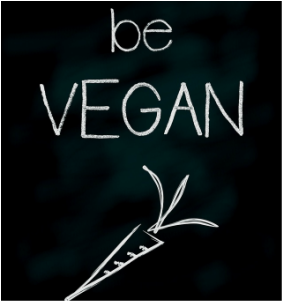 There are many restaurants developing across the nation that have strictly vegan or vegetarian menus as more and more Americans take steps toward incorporating a plant based diet to their daily lives. According to the "Vegetarianism in America" study published by Vegetarian Times, 7.3 million people, follow a vegetarian-based diet. The study also revealed that 22.8 million people say they largely follow a vegetarian-inclined diet, and research by the World Animal Foundation states that there are more than 13.4 million vegan in the U.S. This is why restaurants like Veggie Grill are so vital and very much needed! Veggie Grill prides itself in being a meat-free zone. The website proudly boasts, "All of our menu items are free of meat, dairy, eggs and other animal products, and therefore, contain no antibiotics and hormones." It also includes mouth-watering menu items like Chargrilled Veggie Penne, Fresh Asparagus Soup, and Mondo Nachos all made from organic, non-GMO ingredients. Did I mention that all menu items are meat-free, dairy-free, egg-free and contain no antibiotics or hormones? Right now there are 29 locations around California, Washington, and Oregon, but the rapidly expanding chain is strategically considering areas like Dallas, Denver, Atlanta, and Miami as well. Let's hope they get to the ATL very soon! How do you think a restaurant chain like Veggie Grill would impact Atlanta? Sound off! |
About Tabatha JamesTabatha James is a wife, mom, and children's book author navigating her way through a vegan way of life! Vegan Archives
February 2024
Vegan Categories
All
|

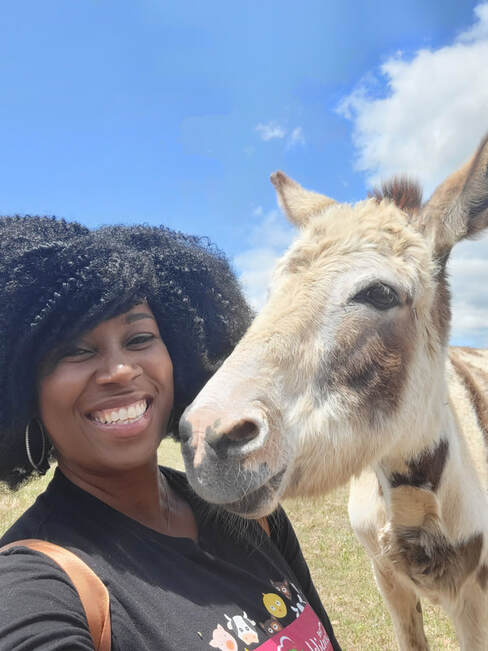
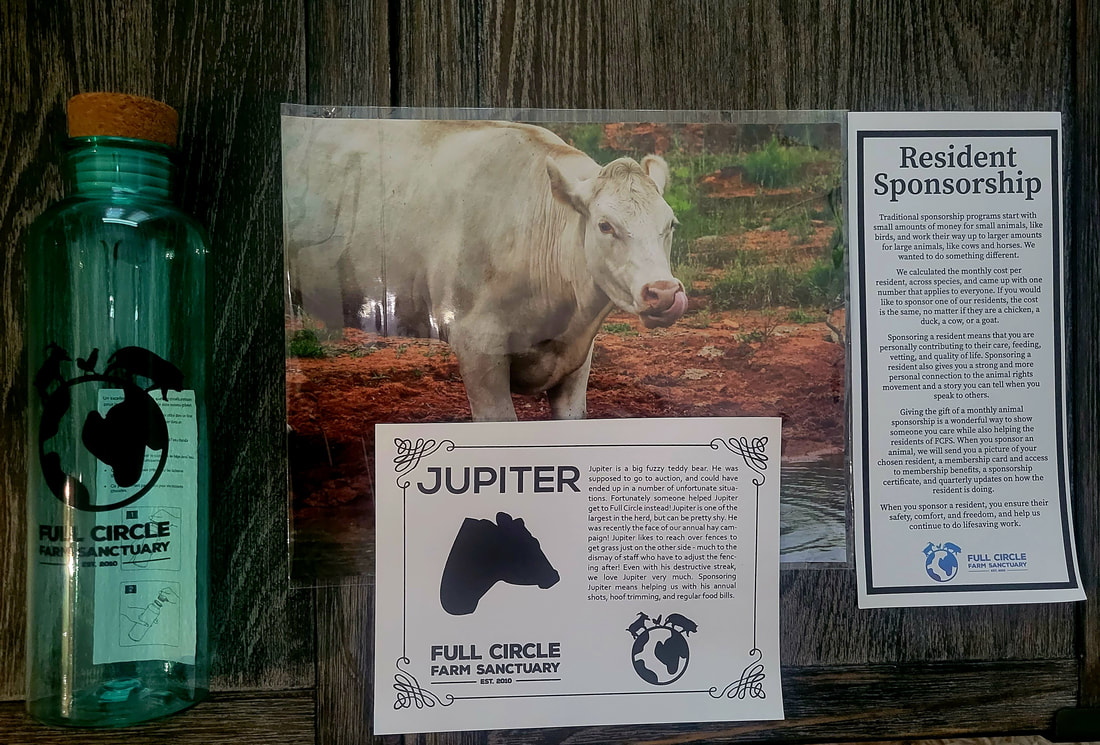
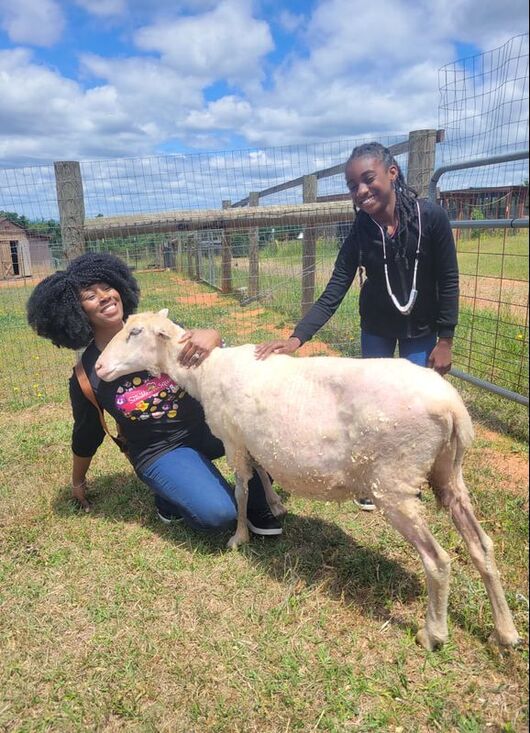
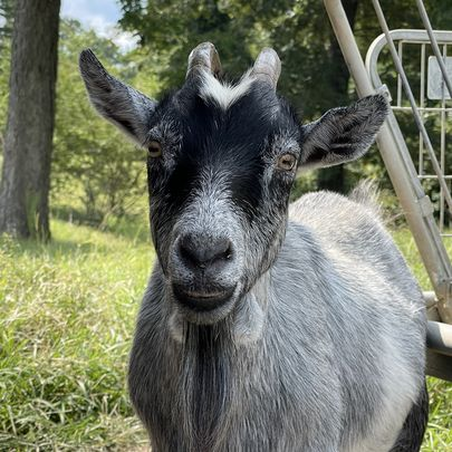
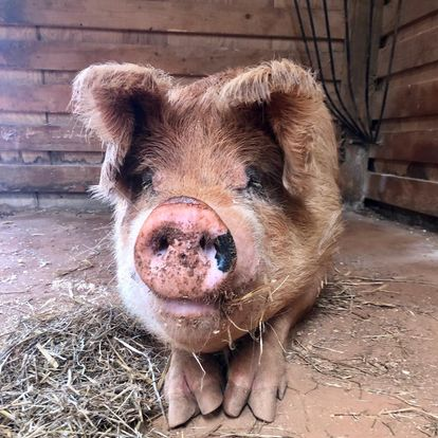
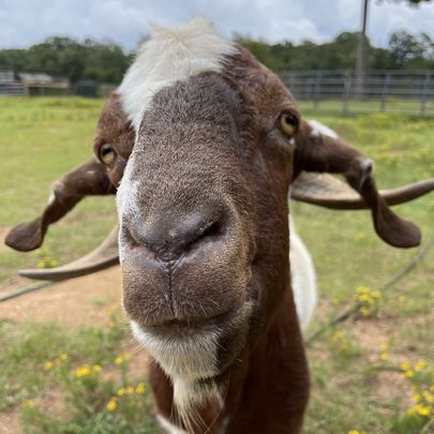
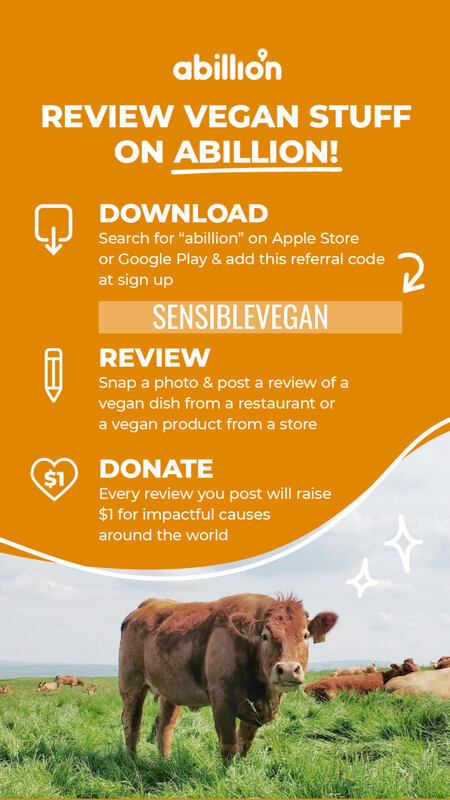
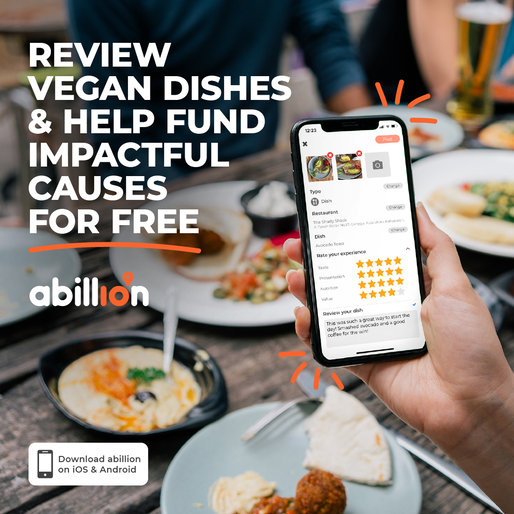
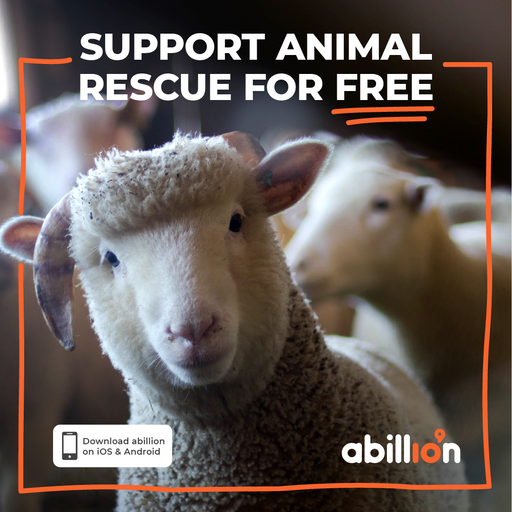
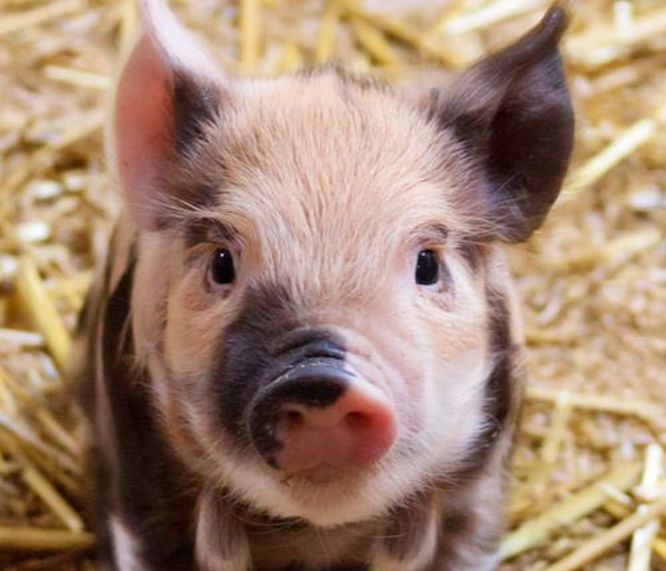
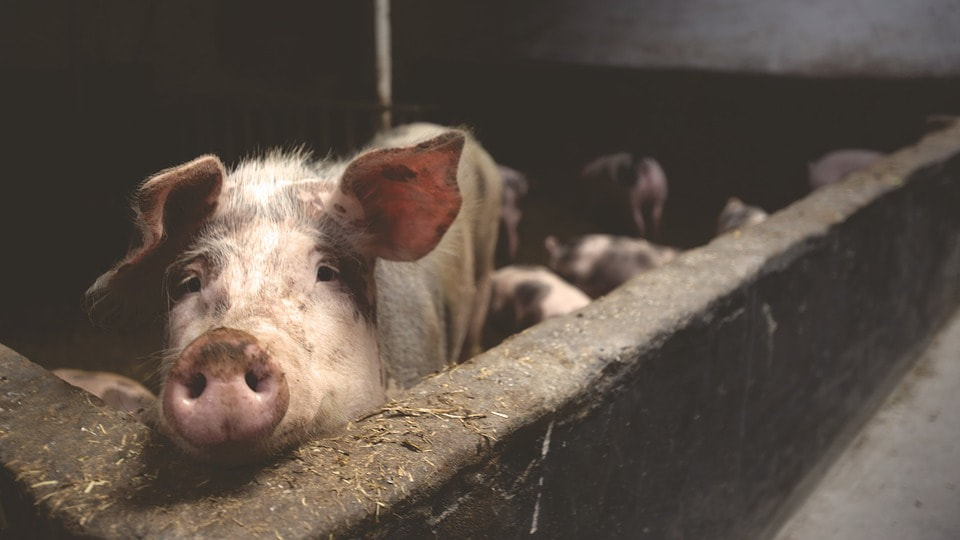
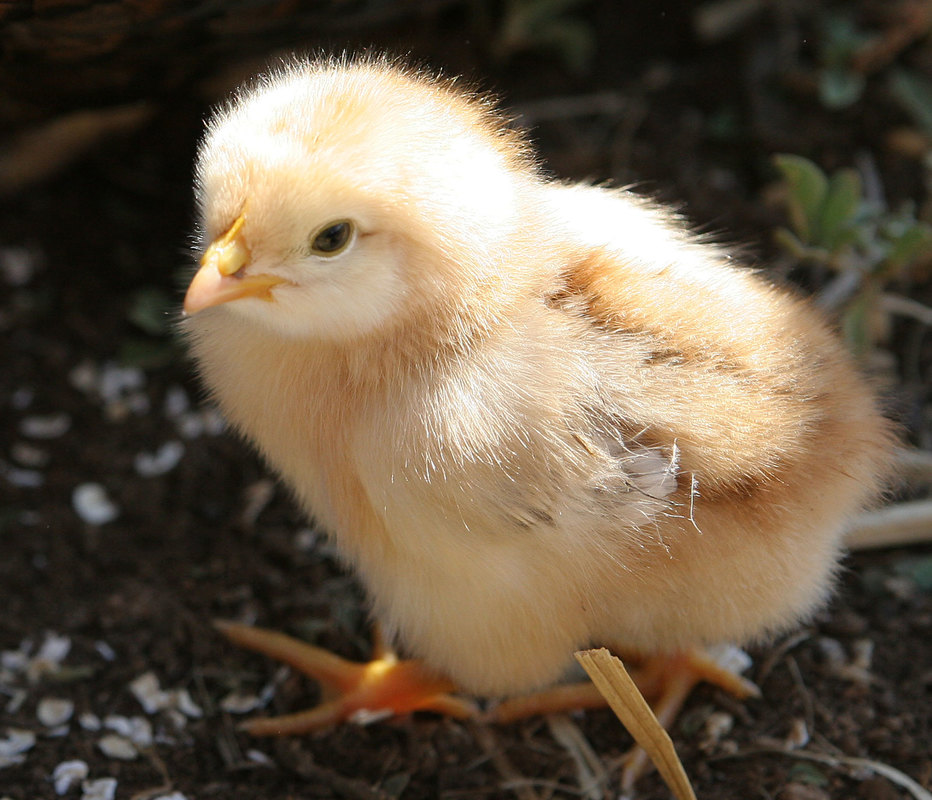
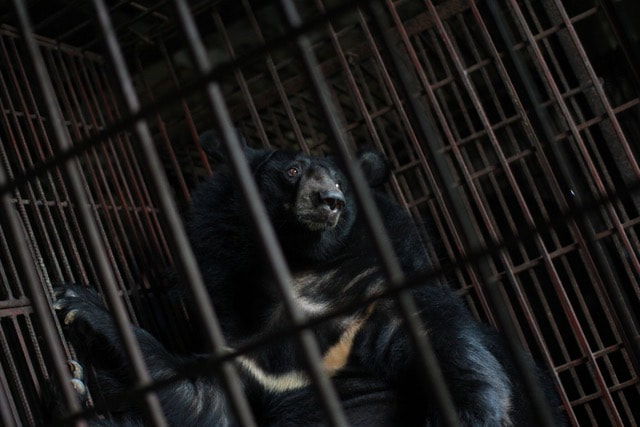



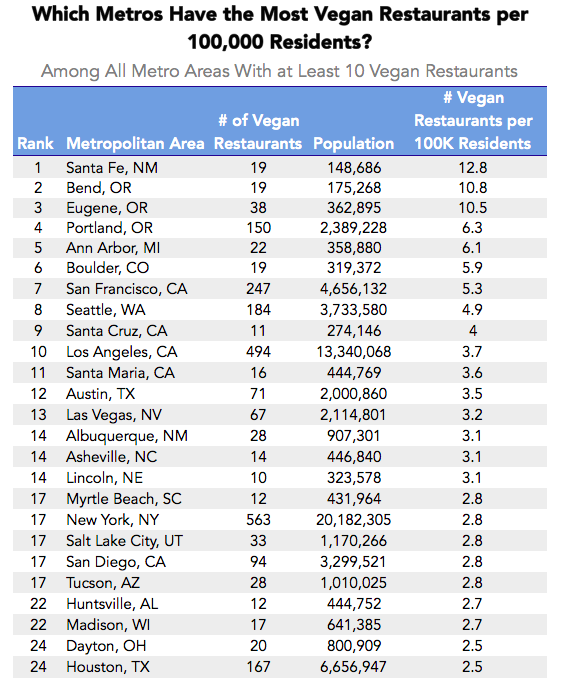
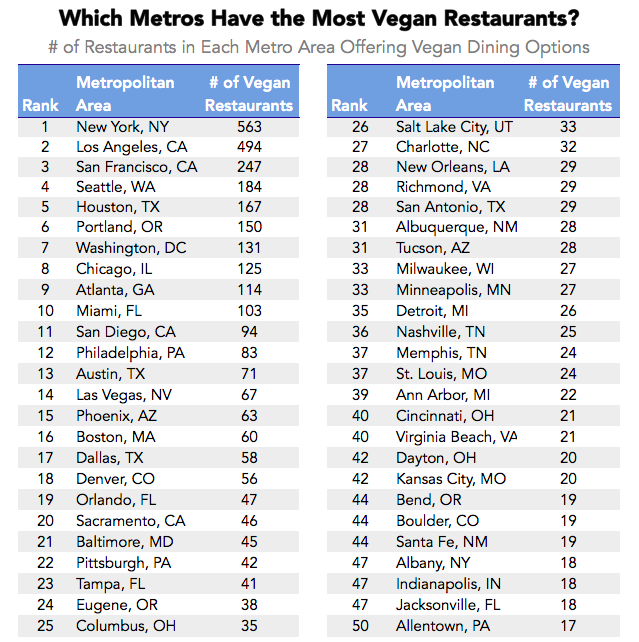
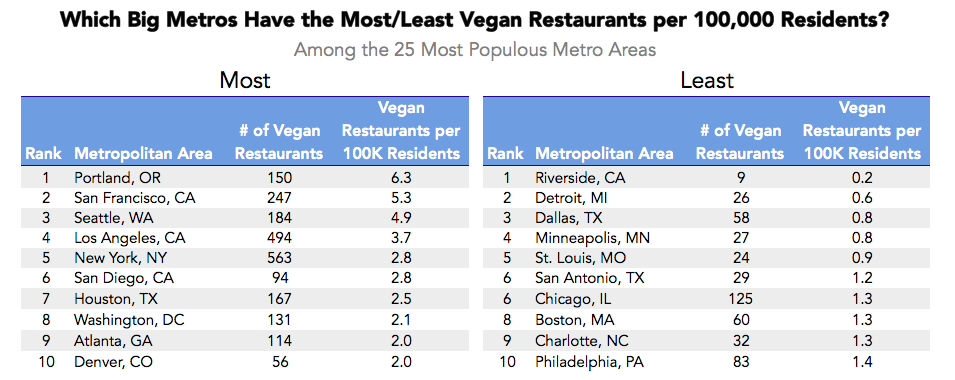
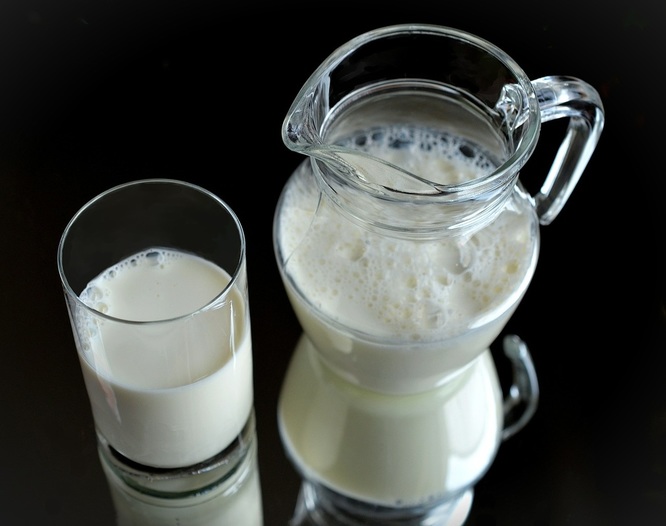
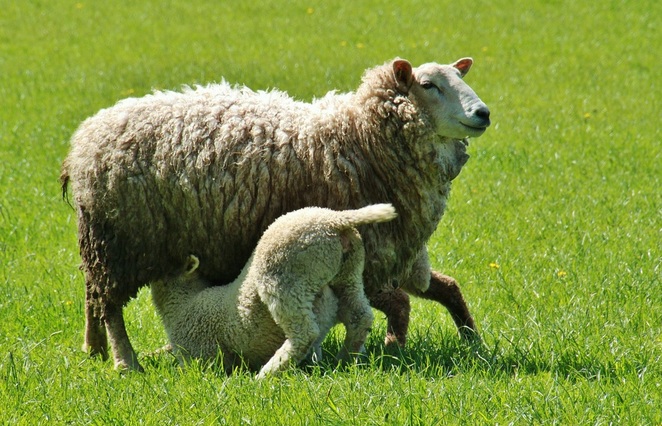
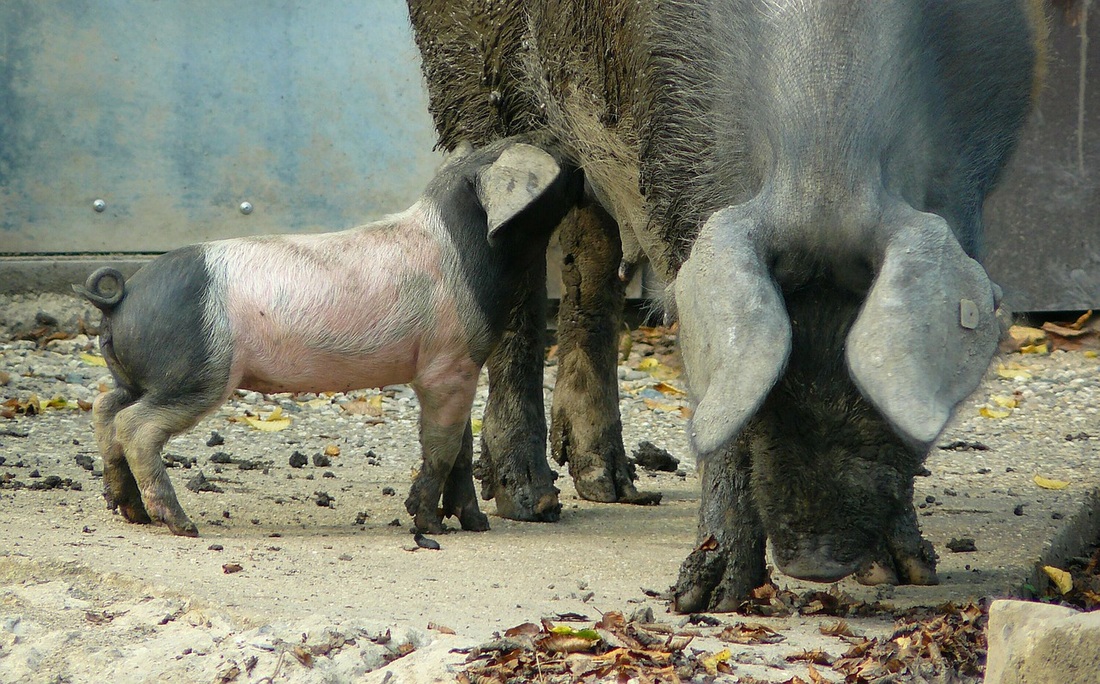
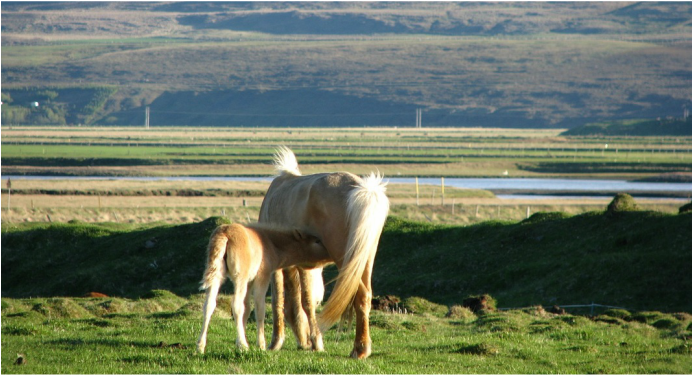
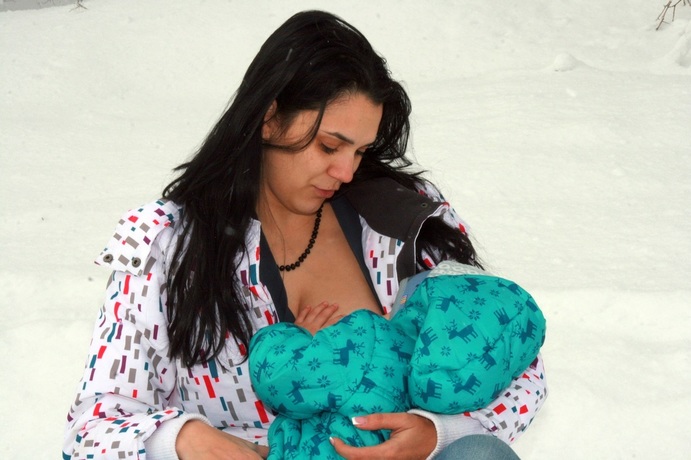
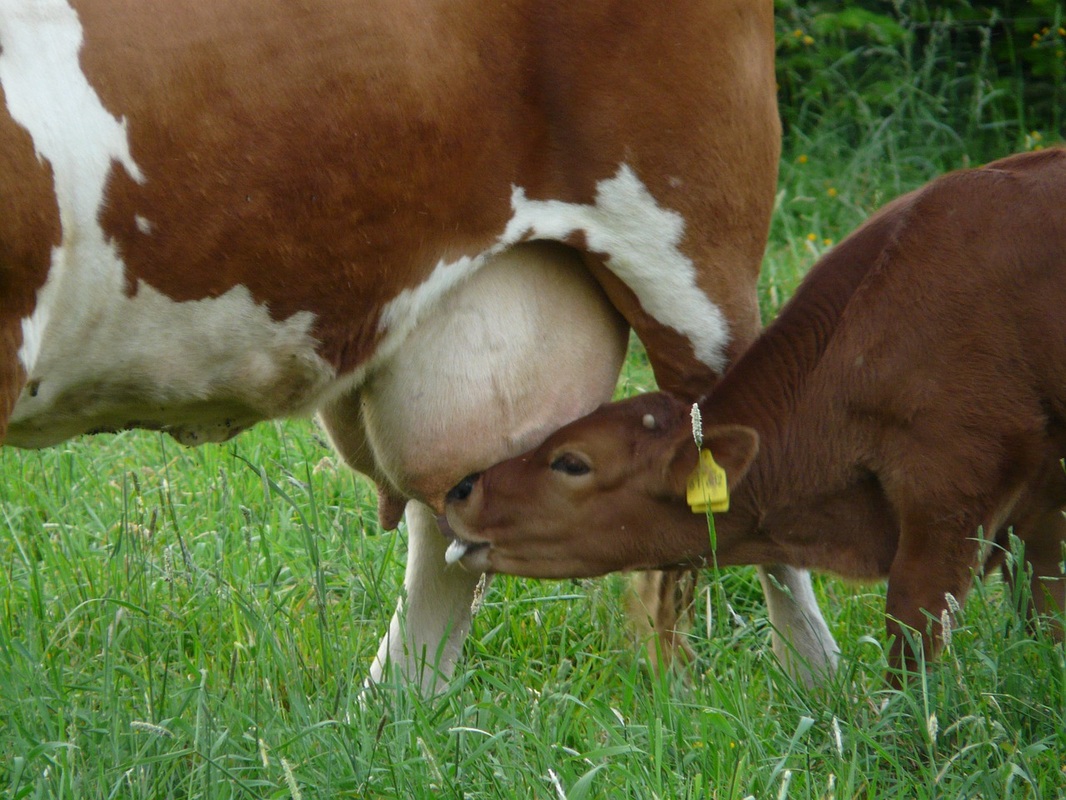
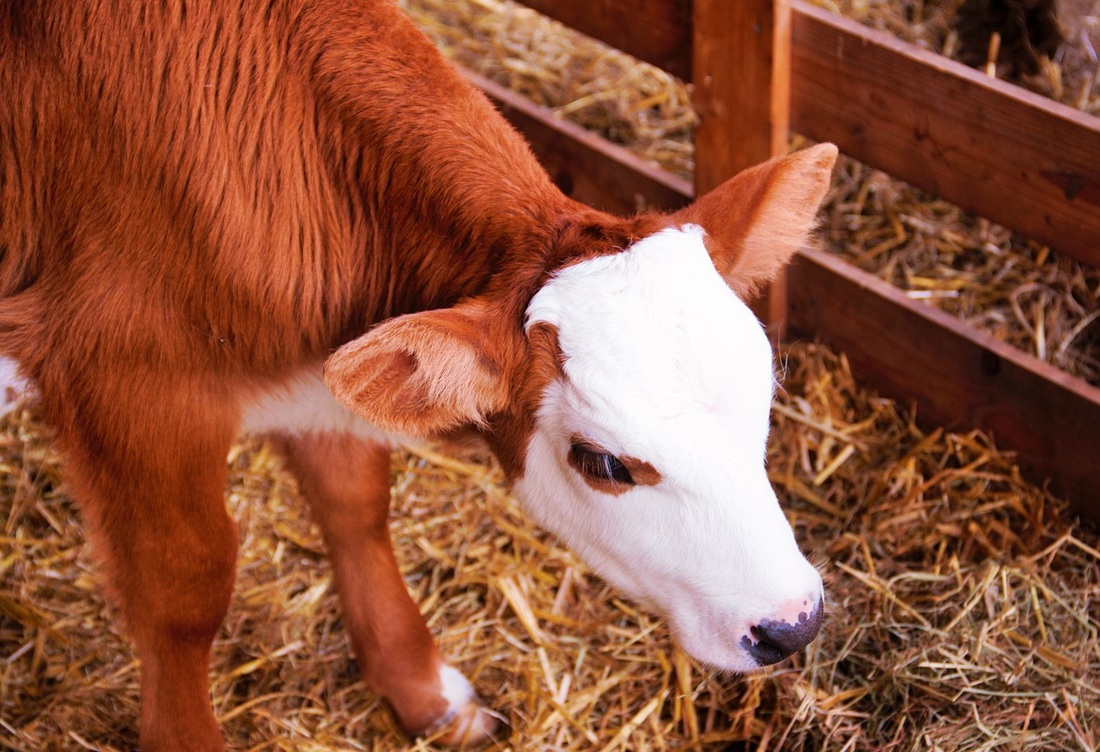
 RSS Feed
RSS Feed
